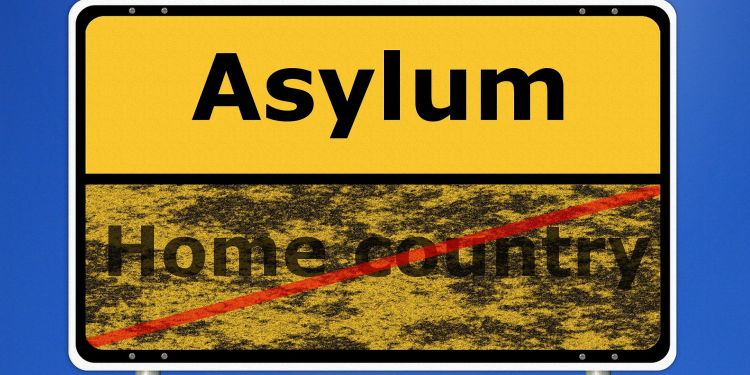An Australian court has dismissed an Indian man’s appeal challenging the government’s decision to refuse to grant the appellant a protection visa.
The appellant is a citizen of India. According to the court’s judgement, a Muslim by faith, this man arrived in Australia in March 2015 on a visitor visa. He applied for a protection visa in May 2015.
“The appellant claimed he was a member of Tamilnadu Muslim Munnetra Kalagam (TMMK) and was involved in social work including tsunami relief work as well as assisting members of the Muslim minority community,” notes the judgement, adding, “He claimed that the Rashtriya Swayamseue Sangh (RSS) and other Hindu organisations were opposed to Muslims and started targeting TMMK members.”
“In particular, he claimed there was a dispute over the construction of a building to be used for making food for worshippers during the holy month. The appellant claimed that in July 2014, members of the RSS and other Hindu organisations attacked and tried to kill him. The appellant also claimed that there were other instances of violence by the RSS members against him, which caused him and his family to fear for their lives, and ultimately caused the appellant to leave India for Australia.”
‘Fabricated evidence’
The judge noted that the officials found the appellant’s assertion at the interview that he had been attacked and badly injured in 2014 was not credible in the light of evidence from his passport, “which showed that he was in Thailand at the time of the alleged attack.”
Based on the consideration that he was not a witness of truth and had either embellished or entirely fabricated his material claims, the Department of Immigration and Home Affairs ultimately was not satisfied that the appellant would be subject to persecution if he were to return to India.
The department’s decision was upheld by the Administrative Appeals Tribunal and subsequently by a primary judge.
Read: Australian PR in six months: Mayank Gandhi shares his journey to Global Talent Visa
Tribunal found that “having considered all the appellant’s claims and all the evidence… the appellant is not a witness of truth” and “he fabricated his material claims for the purpose of obtaining a Protection Visa,”:
Accordingly, the Tribunal concluded that it was “not satisfied that there is a real chance or a real risk that the appellant will suffer serious harm or significant harm for any of the reasons claimed if he returns to India now or in the reasonably foreseeable future.”
The Federal Court reviewed the judgement of the Tribunal and the primary court. However, Justice Lee found no errors in the decisions by the AAT and primary judge.
“In any event, upon my unassisted review of the Tribunal’s reasons, there does not seem to me to be any obvious, discernible error of the type which could form a foundation for relief,” said justice Lee ordering that the appeal must be dismissed with costs.
RSS and Muslims
Rashtriya Swayamsevak Sangh (RSS) is a Hindu nationalist organisation. A report titled, Freedom in the World 2022: The Global Expansion of Authoritarian Rule, points out that Members of the student wing of the Hindu nationalist organisation Rashtriya Swayamsevak Sangh (RSS) – from which the ruling BJP is widely regarded to have grown – have engaged in violence on campuses across the country, including attacks on students and professors.”
The report has noted the effects of the government led by Narendra Modi and his Hindu nationalist Bharatiya Janata Party (BJP) on the democratic framework of India, saying it has “presided over discriminatory policies and a rise in persecution affecting the Muslim population.”
Follow NRI Affairs on Facebook and Twitter for latest updates. Support us on Patreon.
Many experts have warned that India is not merely on the brink of the genocide of its Muslims; the process of genocide is, in fact, already underway in that country.
Participating in a panel on “Dehumanization & Polarization: Hindutva Hate Speech,” Greg Gordon, a former attorney with the International Criminal Tribunal for Rwanda, said prosecution for hate speech should be made through the lens of incitement to genocide. “We have had direct calls [for genocide] in India recently,” he said. “Conditional calls – ‘If they do this, we will do that – are also incitements.”
“As dehumanisation turns into actual incitement to genocide, the process reaches the ‘twilight phase,’ which is when legal action in the genocide framework should commence,” Gordon said. “Abetting” the incitement should be legislated as a new offence to prosecute incitement “in a more comprehensive manner.”











